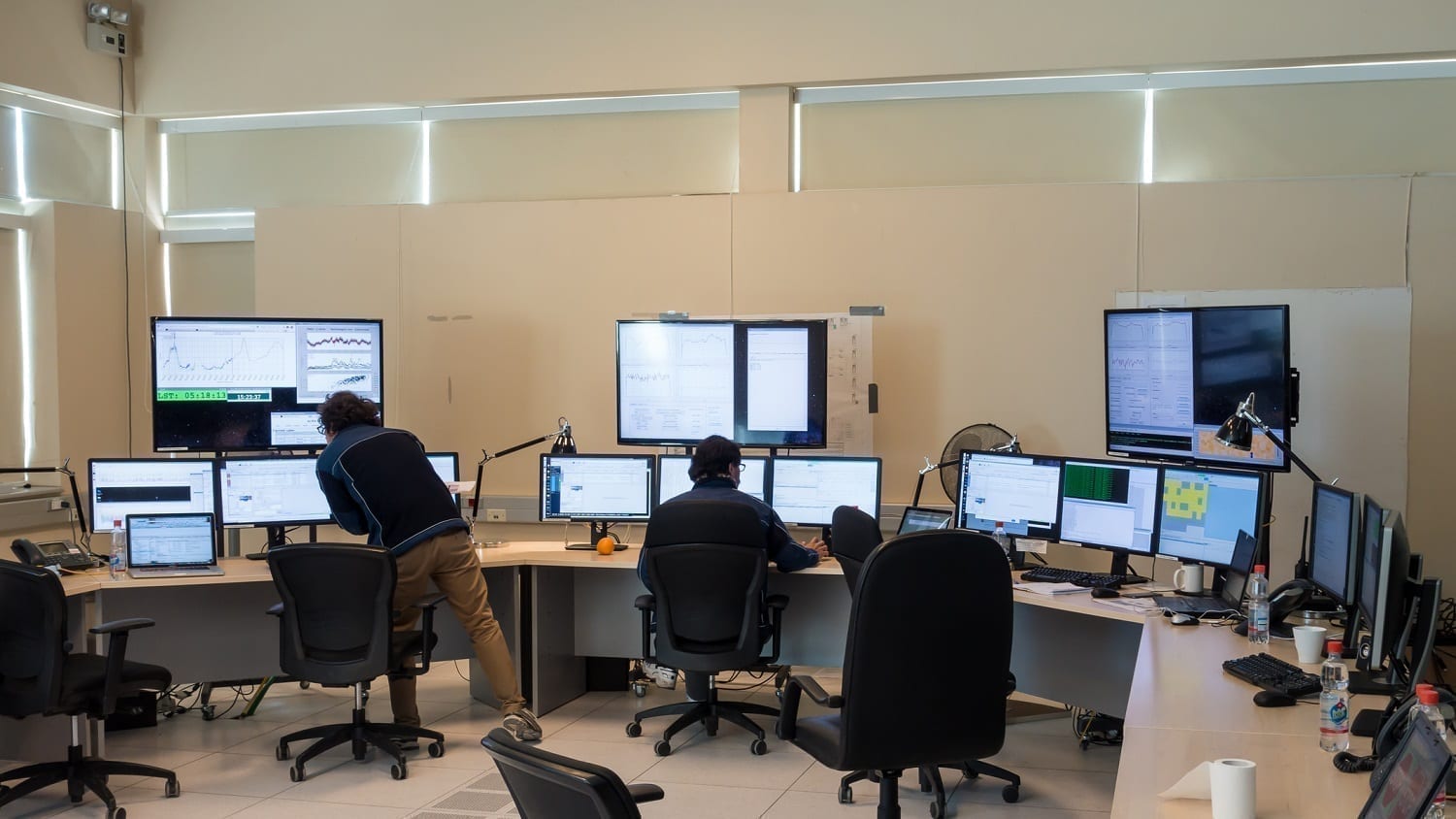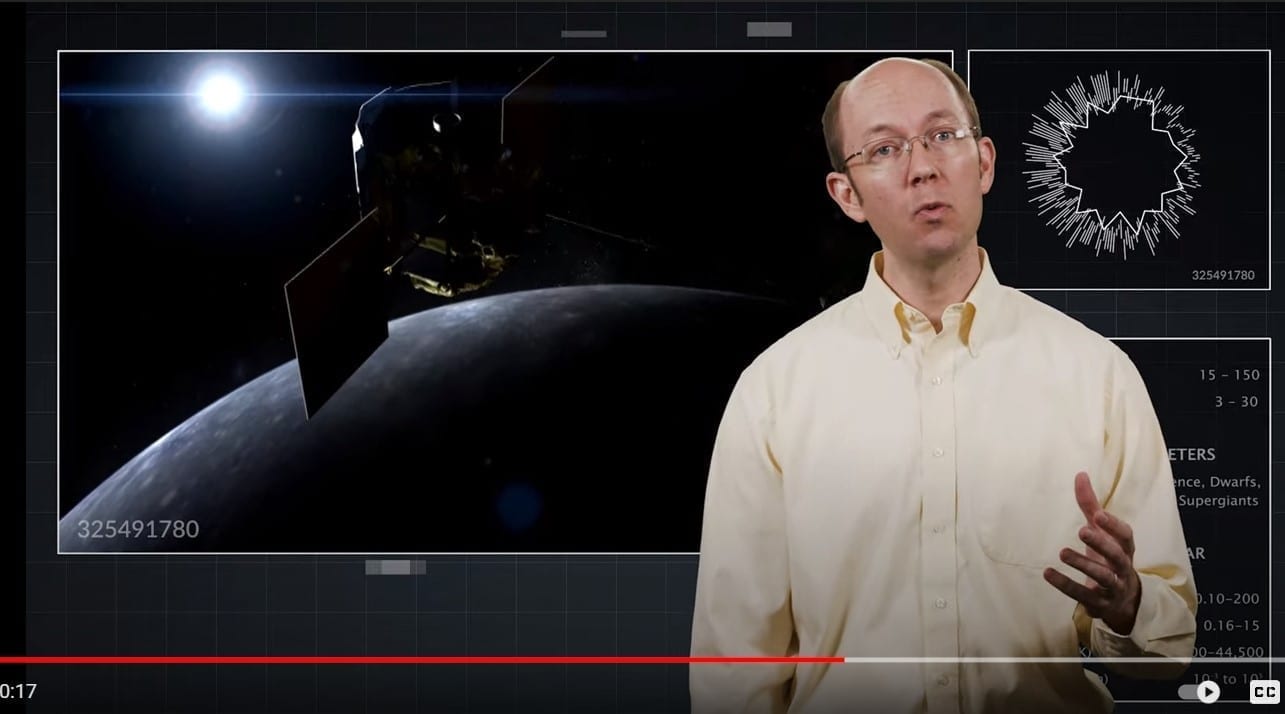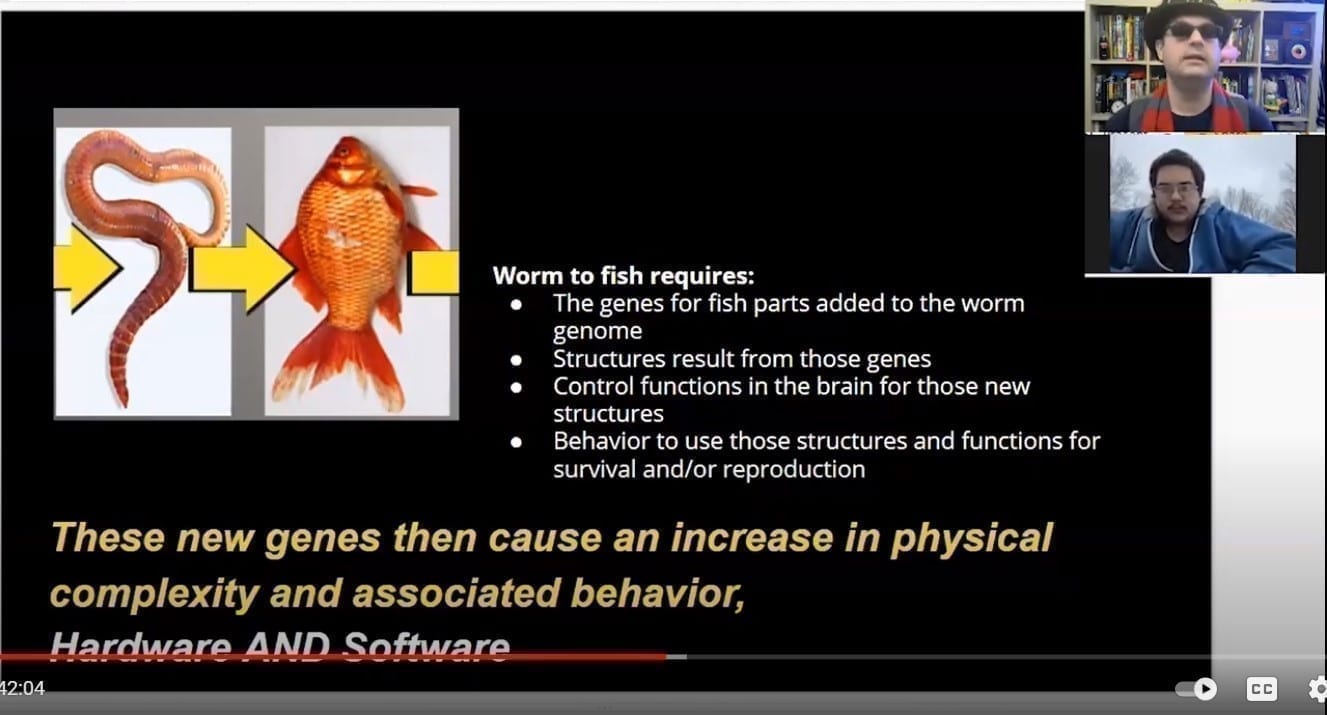[Originally published as An Interesting Interview with One of the Sane Voices in Climate Research]
Dr. Judith Curry holds an earned Ph.D. in geophysical sciences from The University of Chicago. For the last 14 years of her career, she was a professor at the Georgia Institute of Technology. For the majority of that time, she was the chairperson of the School of Earth and Atmospheric Sciences. She has authored 196 peer-reviewed scientific papers and has two books to her credit.
By any objective measure, she is a giant in the field of climate science.
Because she is actually interested in understanding how climate works, she was officially branded a heretic by the High Priests of Science. Seven years later, she resigned her professorship at the Georgia Institute of Technology because she could no longer figure out, “…what to say to students and postdocs regarding how to navigate the CRAZINESS in the field of climate science.”
Because I respect her knowledge, intellect, and commitment to science, I read her blog. In January 2021, she posted the transcript from an interview she did for a podcast. I am not familiar with the podcast, and I prefer to read rather than listen. In reading the transcript, I found nothing new related to her views on climate change, but I was fascinated by her historical analysis of the field of climate science.
While I encourage you to read the entire transcript, I will highlight what really struck me.
When asked about how climate scientists viewed climate change when she was getting her degrees (during the 1970s and 1980s), she said that aside from a few “very rambunctious people,” climate change was not a big issue with scientists. When the IPCC formed in the late 1980s, she said that most climate scientists didn’t want to get involved with it:
They said, this is just a whole political thing. This is not what we do. We seek to understand all the processes and climate dynamics, we don’t want to go there. And that was really a pretty strong attitude, through, I would say the mid nineties, say 1995. We had the UN Framework Convention on Climate Change at that point, they’re trying to get a big treaty going.
And so defenders of the IPCC started pushing the idea that anybody who doubts us or challenges us, they are in the pay of big oil. After that, it became much more difficult to really challenge all that. And certainly by the turn of the century, anybody who was questioning the hockey stick or any of these other things were slammed as deniers and ostracized.
And then after Climategate in 2010, the consensus enforcers became very militant. So it’s a combination of politics, and some mediocre scientists trying to protect their careers. And, they saw this whole thing as a way for career advancement, and it gives them a seat at the big table and political power. All this reinforces pretty shoddy science and overconfidence in their expert judgment, which comprises the IPCC assessment reports.
I found this interesting because as an outsider looking in, I have to agree with her assessment that the IPCC has reinforced “shoddy science.” I don’t know even 5% of what Dr. Curry knows about climate, and I know precisely 0% of what she knows about the internal dynamics of her field. However, after reading each IPCC report (from the 2001 synthesis report on), I was amazed at the shoddiness of the science and the overconfidence they had in their conclusions.
Consider, for example, their view of how humans have impacted the earth’s climate. In 2001, they said that human-emitted greenhouse gases are “likely” responsible for more than half of the earth’s temperature increase since 1951. By 2007, climate scientists had shown that the models used in 2001 were wrong, and they also found new variables related to climate which were poorly understood. Nevertheless, in their 2007 report, the IPCC said that human-emitted greenhouse gases are “very likely” responsible.
Over the next six years, climate scientists continued to show that the models used by the IPCC were wrong and continued to find more uncertainties in our understanding of climate. But over that same period, the IPCC decided that human-emitted greenhouse gases are “extremely likely” responsible.
In real science, when uncertainties grow, the conclusions become more and more tentative. In climate science, the reverse seems to be the case. More uncertainties seem to lead to more confidence in the conclusions. That’s pretty much the definition of shoddy science.






